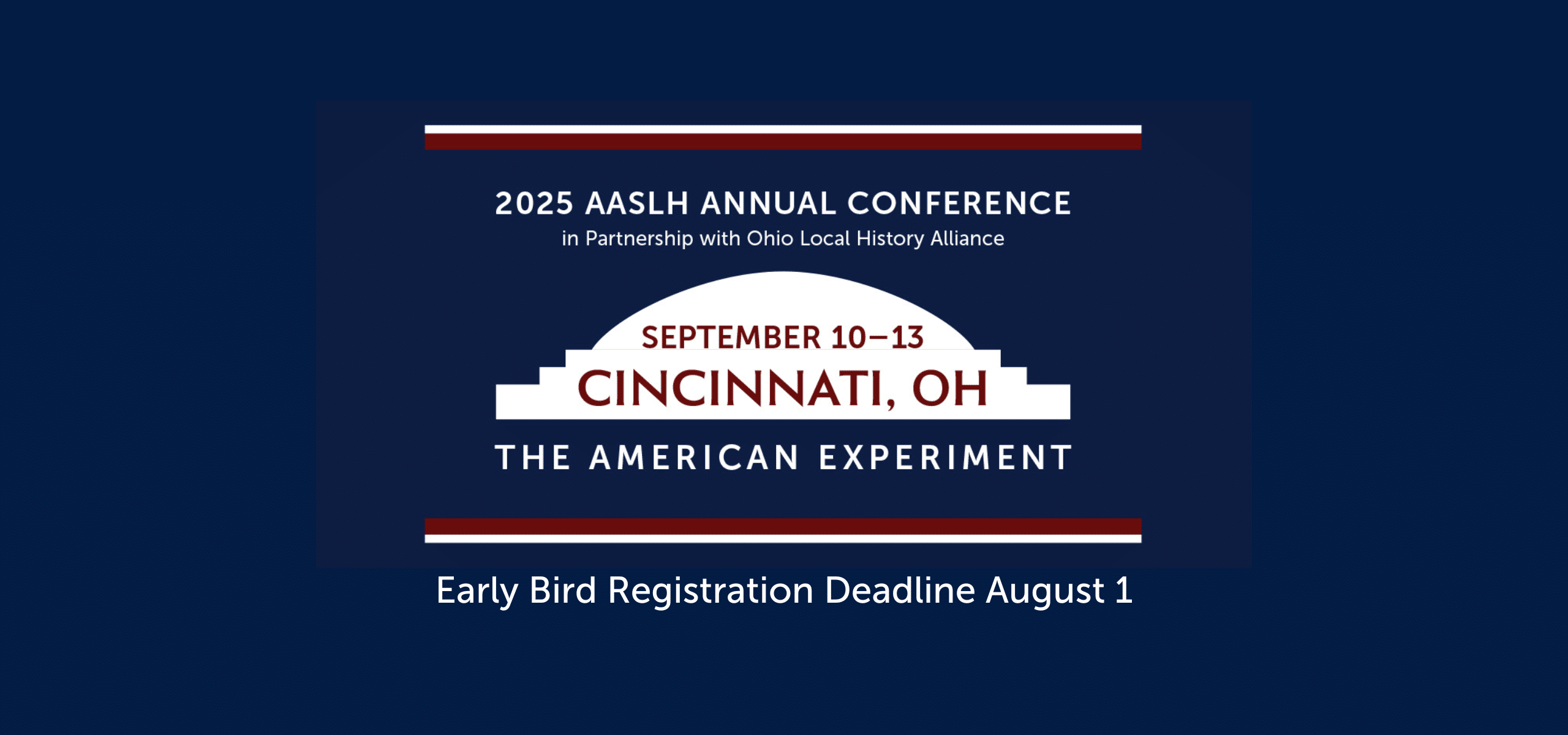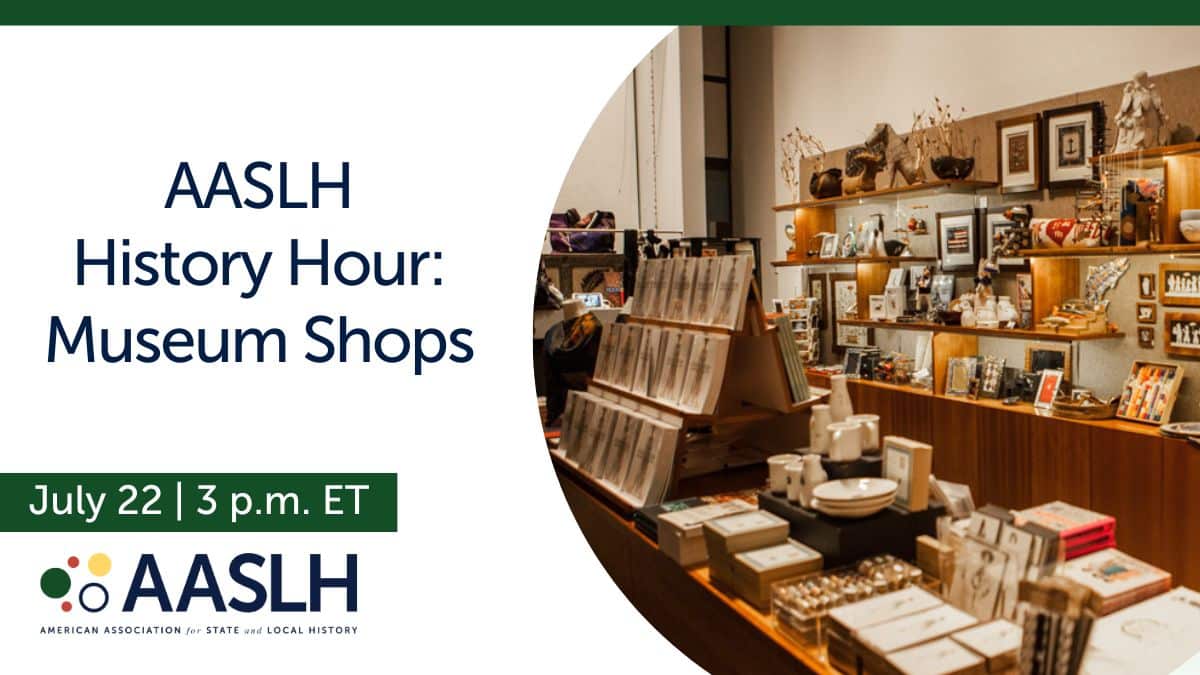 How many teachers attend your teacher workshops? Do you have the same teachers & schools attending each workshop? How can you adapt, change, or even re-think your workshops to include more participation?
How many teachers attend your teacher workshops? Do you have the same teachers & schools attending each workshop? How can you adapt, change, or even re-think your workshops to include more participation?
It always surprises me how much time we take to prepare outstanding teacher workshops, but they don’t always meet our desired attendance goals. Why does this happen? There are multiple reasons from school funding to multiple other opportunities for teachers to attend in our communities. Does this mean we should stop offering teacher workshops? No!!! But we do need to start to adapt, re-think, or even change our approach all together when it comes to teacher workshops.
In the Fall of 2011, The National Underground Railroad Freedom Center in Cincinnati underwent this process. We began to re-think, adapt, and change the way we approached our teacher workshops. The first step was to create multiple community partnerships around our workshops. This included colleges & universities, other museums, community organizations, and other educational affiliations. This enabled us to have a focused approach around the theme (or themes) of the workshop, but also opened the door for new audiences. The community partners are now inviting their list of teacher contacts to the workshop as well.
These partnerships also made us re-think who we were inviting to the workshops. We decided to broaden the reach and include more voices in order to add to the overall strength the workshops. We did this by inviting not only more teachers, but we also started to invite pre-service teachers (ensuring commitment from future generations of teachers), college & university faculty & professors, and even local students to the workshops. This new approach significantly changed the dynamic of the workshops. The participation in each workshop has exceeded our goals and expectations. We have not only witnessed more involvement from teachers in the community, but we have also witnessed an increase in the overall attendance in the workshops.
The other crucial change we made with the workshops was moving them out of the traditional classroom. We wanted participants to use the exhibition spaces as the “new” classroom. This approach allows for smaller group discussion and more interaction with individual groups. It also allows for groups to constantly make direct connections back to the museum mission and exhibits. It is also important to remember that it is still beneficial to have an entire group introduction and wrap up in a larger museum space.
Other Ideas to think about:
- Add Service Learning Projects into workshops.
- Touch on difficult history, or subjects that are affecting the community: race, gender, immigration, gun laws, etc. then relate this information back to the historical perspective.
- Utilize social media during the program to promote & encourage outside perspectives about the themes of the workshops.
I understand that these approaches will not work for everyone. However, I think it is always important for us to evaluate our workshops and even re-think, adapt, and change our workshops to keep them vibrant, engaging, and meaningful for workshop attendees in our communities.



